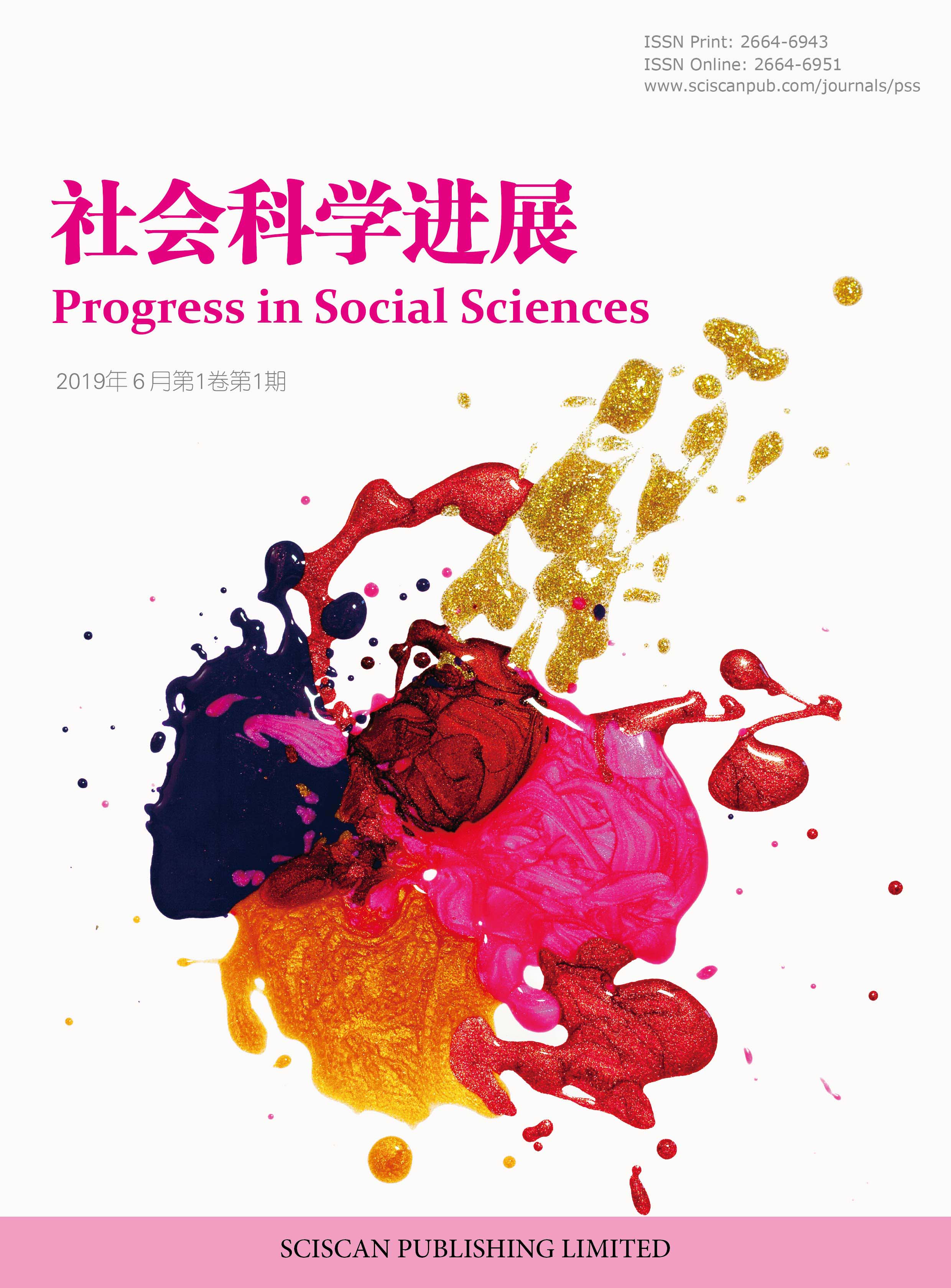Progress in Social Sciences
ISSN Print: 2664-6943
ISSN Online: 2664-6951
Contact Editorial Office
Subscribe to the latest published information from SCISCAN
警惕道德说教陷阱,文学伦理学批评应有新思考——以《榆树下的欲望》为例
Beware of the Trap of Moral Lecturing, and New Thinking Should be Given to Literary Ethical Criticism —Taking Desire under the Elms as an Example
- Authors: 何雨凡
-
Information:
华东理工大学外国语学院,上海
- Keywords: 文学伦理学批评;伦理批评;道德批评;《榆树下的欲望》
- Literary ethical criticism; Ethical criticism; Moral criticism; Desire under the Elm
- Abstract: 传统文学伦理学批评家认为,文学作品需要为社会负责,应重视文学的教诲功能,从伦理批评而非道德批评的角度挖掘文学的道德价值。然而当下部分学者却将道德批评和伦理学批评混为一谈,无视伦理学基础,将是否具有道德价值作为评判文学好坏的标准,强调文学必须具备发人深省的教诲功能,为批评而批评。然而,文学具备道德教化功能并非必要之事,提供的道德价值也因人而异,本文以戏剧作品《榆树下的欲望》为文本基础,进行探讨。
- Critics of traditional literary ethics believe that literary works need to be responsible for the society, should attach importance to the educational function of literature, and explore the moral value of literature from the perspective of ethical criticism rather than moral criticism. However, some scholars now confuse moral criticism with ethical criticism, ignore the ethical basis, take whether there is moral value as the standard to judge literature, and emphasize that literature must have a thought-provoking function to criticize for criticism. However, it is not natural for literature to have the function of moral education, and the moral value is personal. This paper takes the dramatic work Desire under the Elms as the text basis to discuss.
- DOI: https://doi.org/10.35534/pss.0502010
-
Cite:
何雨凡.警惕道德说教陷阱,文学伦理学批评应有新思考——以《榆树下的欲望》为例[J].社会科学进展,2023,5(2):96-103.














